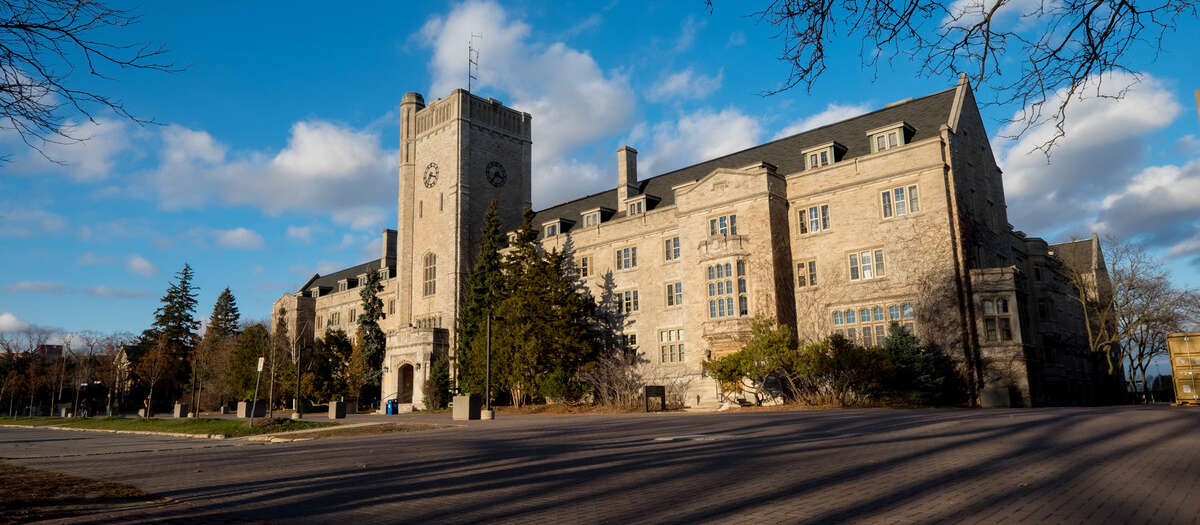The University of Guelph is strengthening its commitment to ensuring diversity and inclusivity in its teaching and learning through a new hiring initiative.
Today, U of G unveiled a three-year, $3.6-million initiative to significantly increase the number of Black and Indigenous faculty as well as staff members in curriculum, pedagogy and instructor/student support.
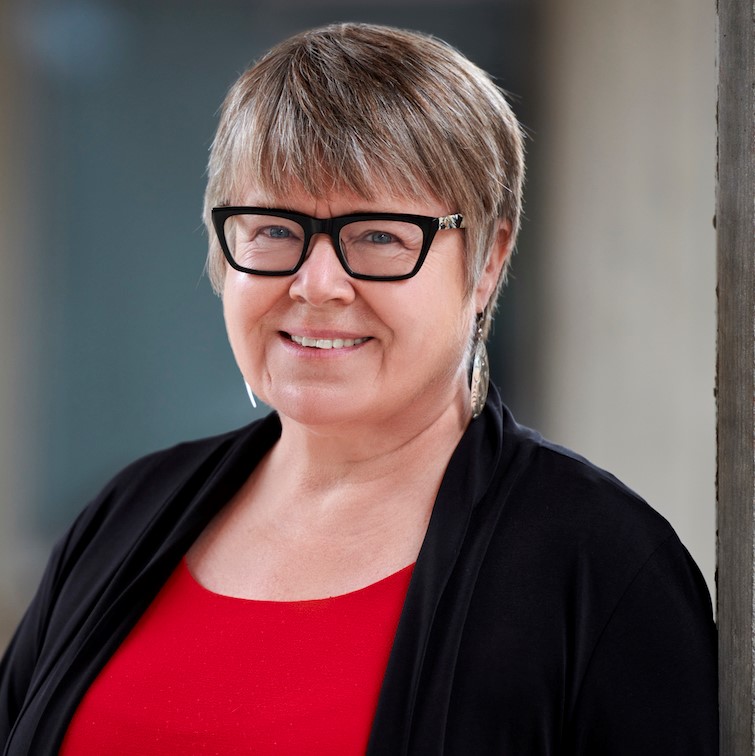
“The University is dedicated to cultivating an inclusive educational environment, underpinned by a talented and diverse community of scholars,” said Dr. Gwen Chapman, provost and vice-president (academic).
Diversity and inclusion are fundamental to teaching, learning, living and research excellence, she said.
“Exposure to differing knowledges, histories, lifeways and cultural practices is what university is all about. It is imperative that faculty and staff reflect the diverse lived experiences, demographics and populations of the University and broader communities.”
U of G, however, has a long way to go, Chapman said. “We have fallen short. Problems and gaps remain, especially for our Black and Indigenous campus community members and other deserving groups.
“We must address these gaps and play an active role in creating a more just and equitable society and fulsome educational experiences. While not the sole solution, this initiative will help create and enhance diversity and inclusion on our campuses.”
Plan Seeks to Hire More Black and Indigenous Faculty and Staff
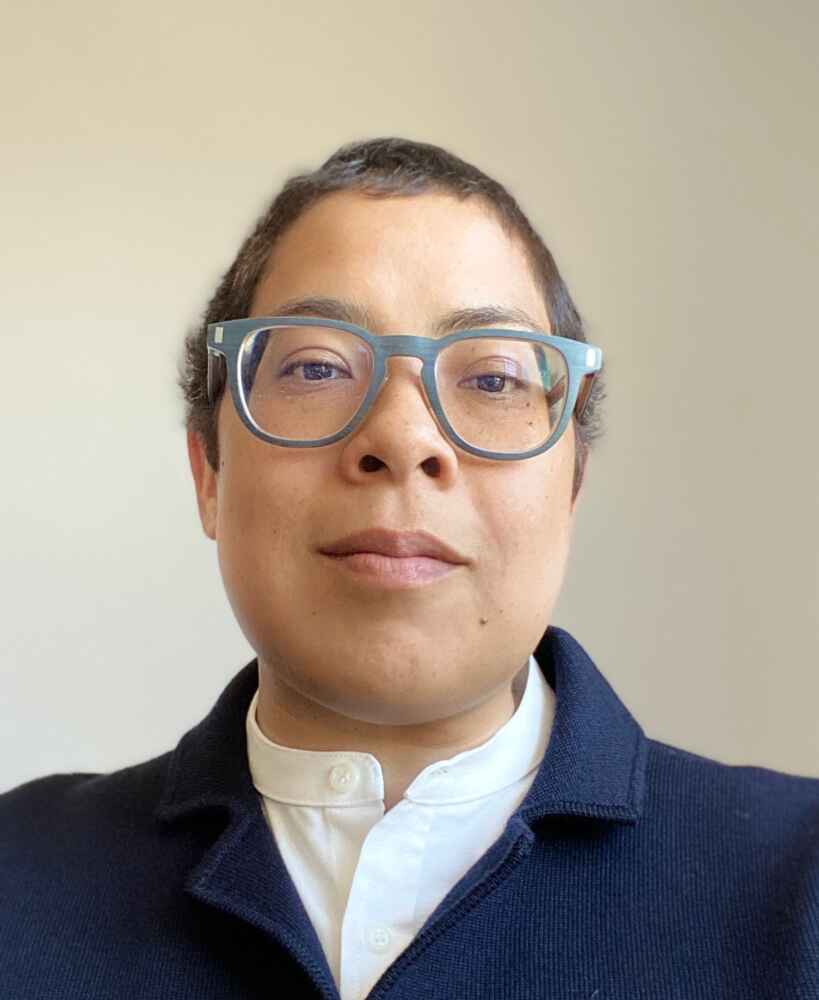
The focus will be on recruiting and retaining Black and Indigenous scholars, as these groups are most underrepresented at the University, Chapman said. This approach will be supported by a new initiative that meets the requirements of special programs under the Ontario Human Rights Code.
The plan calls for hiring at least 15 Black and Indigenous faculty and four or more Black and Indigenous professional staff across the University during the next three years.
The positions will be filled in areas that support the advancement of Black and Indigenous academic excellence and the University’s goals for inclusion, anti-racism, indigenization and decolonization. They will be funded equally from the respective colleges/departments and the University.
The first of a three-stage approach will begin this fall with the planned hiring of five people; seven others will be hired in each of the two subsequent years.
“Cohort hires of Black and Indigenous faculty and staff are critical to the indigenization, equity, diversity, and inclusion work needed at U of G, but represent only a part of the work needed to address the racial equity gap and redress systemic anti-racism in higher education,” said Dr. Jade Ferguson, U of G’s inaugural associate dean of academic equity and anti-racism.
She added it is well researched and documented that Black and Indigenous peoples are underrepresented in the higher education sector, especially in the professoriate.
“The cumulative effect of cultural biases and systemic discrimination have created barriers to equal opportunity to access education and employment,” Ferguson said.
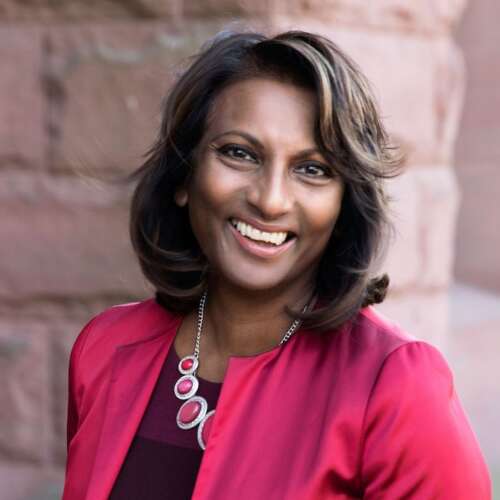
She added that “while it will take years of effort and commitment to bring about meaningful change, this is an important first step.”
“What sets this initiative apart is that it provides a sustainable, multi-year approach,” Ferguson said. “It outlines a clear vision of intentional and thoughtful hiring practices and planning, and a plan for longer-term practices, concerning the recruitment and retention, resourcing and supporting the very best talent of Black and Indigenous faculty and staff.”
The new initiative will include strategies to provide the appropriate supports for new hires such as mentoring, peer networks, professional development and promotion, and wellness and mental health supports.
Indira Naidoo-Harris, associate vice-president (diversity and human rights), said U of G is committed to long-term planning for processes and plans to address workforce inequities.
“This is not a one-time or isolated initiative,” she said. “We are working hard to build a campus community where everyone is respected, feels supported, and has a voice and the opportunity to thrive.”
Latest Initiative to Support Diversity and Inclusivity
U of G has already taken some important steps toward creating and implementing Black and Indigenous course offerings and academic programs.
In fall 2021, U of G introduced a Bachelor of Indigenous Environmental Science and Practice Program that was inspired by the Chippewas of Nawash Unceded First Nation. It emphasizes Indigenous knowledge systems alongside cutting-edge training in western environmental science. Students work directly with Indigenous communities and organizations on projects, and learn from First Nations, Inuit and Métis Elders and Knowledge Holders. The degree program features field trips to Indigenous communities and organizations, land-based instruction, and participation in discussion circles and ceremonies.
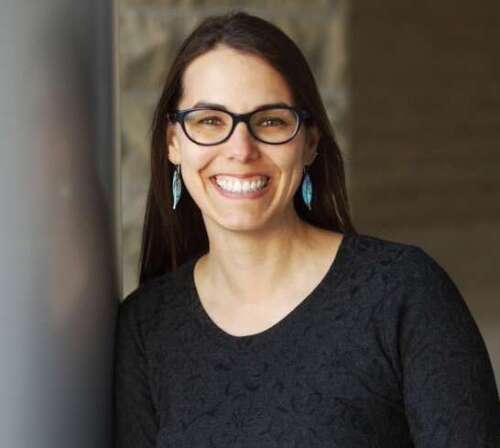
This fall, U of G will launch a new Black Canadian Studies minor – spearheaded by Ferguson –that stems from U of G’s Anti-Racism Action Plan. The new academic program will offer a wide range of courses and community-engaged and experiential learning opportunities. A recently hired expert scholar in Black Canadian history will teach U of G’s first-ever Black Canadian history course, which will be open to students across disciplines. Academic support staff with experience working with Black and racialized student populations and expertise in equity, diversity, and inclusion have also been added. This past year saw the successful launch of the U of G Black staff and faculty network.
The new hiring initiative also responds to Bi-Naagwad: It Comes Into View, U of G’s Indigenous Initiatives Strategy and builds upon successful actions towards indigenization and decolonization.
Dr. Cara Wehkamp, U of G’s inaugural assistant vice-president (Indigenous initiatives), said these new roles and the associated supports are an important step in realizing the recommendations set out in the strategy and will help advance further change across campus and in U of G’s academic and research endeavours.
Contact:
Kimberly Moser
kmoser@uoguelph.ca
